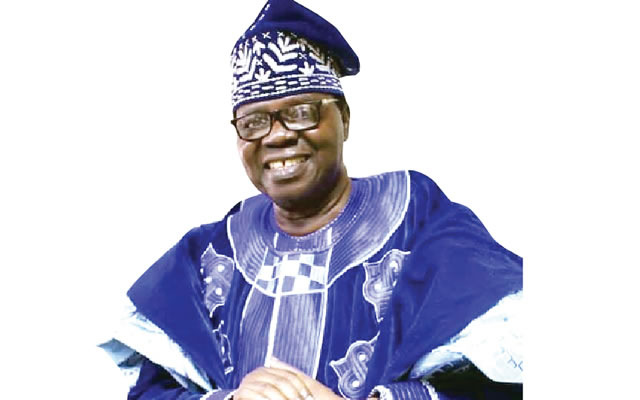7 Legends Who Have Shaped Nigerian Music
31 July 2023

[Ebenezer Obey/Punch Newspapers]
Written by Pharis Kinyua
Nigeria, known as the "Giant of Africa," boasts a rich musical heritage that has influenced and shaped the diverse sounds of the nation. Over the years, a host of legendary musicians have emerged, leaving an indelible mark on Nigerian music and paving the way for future generations.
In this article, we explore seven influential figures who have shaped Naija music to what it is today.
Fela Kuti
No discussion of Nigerian music pioneers would be complete without mentioning Fela Kuti, the legendary musician, and political activist. Fela, considered the father of Afrobeat, blended elements of traditional Nigerian music, jazz, funk, and highlife to create a revolutionary sound. His socially conscious lyrics challenged the government and advocated for human rights. Fela's boldness, musical innovation, and political activism continue to resonate, making him an enduring icon.
King Sunny Ade
King Sunny Ade, also known as the "King of Juju Music," is another iconic figure who has greatly influenced Nigerian music. With his melodious guitar-playing, vibrant stage presence, and mastery of the juju genre, Ade has become a symbol of Nigerian cultural heritage. His fusion of traditional Yoruba music with modern influences introduced a fresh sound that captivated audiences worldwide. Ade's influence can still be heard in contemporary Nigerian music.
Ebenezer Obey
Ebenezer Obey, a prominent musician in the 1960s and 1970s, made significant contributions to the development of Nigerian music. With his band, the Inter-Reformers Band, Obey popularized a genre known as "Miliki," which blended juju music with Christian themes. He introduced a spiritual dimension to Nigerian music, touching the hearts of listeners with his soulful melodies and uplifting messages. Obey's influence is felt in the continued fusion of religious and secular themes in Nigerian music today.
Sir Victor Uwaifo
Sir Victor Uwaifo is a legendary Nigerian musician, multi-instrumentalist, and sculptor. With his unique blend of highlife, Afrobeat, and traditional Edo music, Uwaifo created a distinct sound that resonated with listeners. His virtuoso guitar skills, innovative songwriting, and theatrical performances established him as a true musical pioneer. Uwaifo's timeless hits like "Guitar Boy" and "Joromi" have cemented his status as a legendary figure in Nigerian music history.
Oliver de Coque
Oliver de Coque, born Oliver Sunday Akanite, was a prolific musician known for his mastery of the Igbo highlife genre. With his energetic guitar-playing, infectious rhythms, and socially conscious lyrics, de Coque became an influential figure in the Nigerian music scene. His songs celebrated Igbo culture, advocated for social justice, and addressed contemporary issues. De Coque's impact on Nigerian music remains significant, as his music continues to be appreciated and celebrated.
Onyeka Onwenu
Onyeka Onwenu, often referred to as the "Elegant Stallion," is a veteran Nigerian singer, songwriter, and actress. With her soulful voice and powerful stage presence, Onwenu made a lasting impact on Nigerian music. Her songs touched on love, unity, and social issues, resonating with audiences across generations. Onwenu's talent, charisma, and activism have made her an inspiration to many aspiring artists.
Orlando Owoh
Orlando Owoh, also known as the "Doctor of Hypertension," was a master of the "Highlife-Blues" genre. With his distinctive guitar style and soulful vocals, Owoh created a unique sound that fused elements of highlife, juju, and blues. His socially conscious songs addressed political issues, love, and everyday life, earning him a dedicated fanbase. Owoh's influence can still be heard in contemporary Nigerian music, as his style continues to inspire artists.





Leave your comment